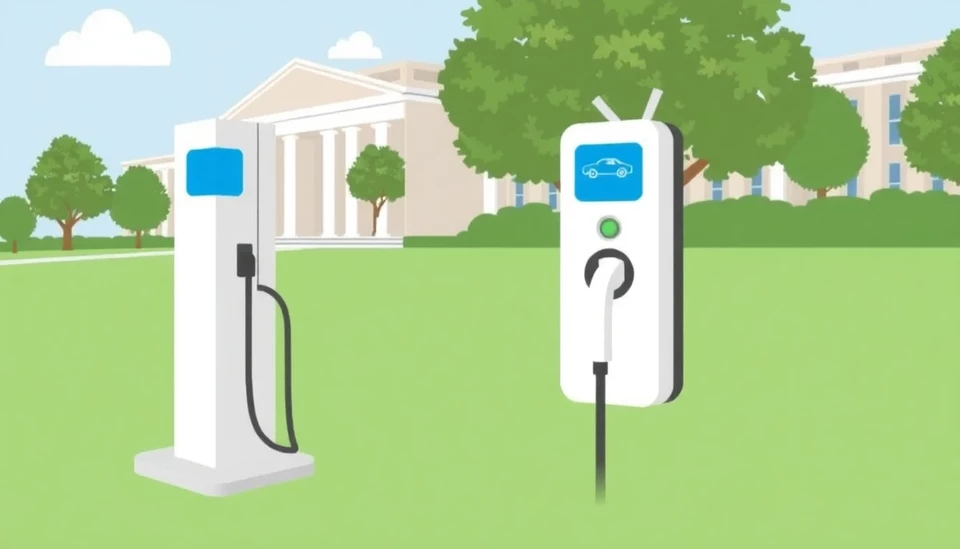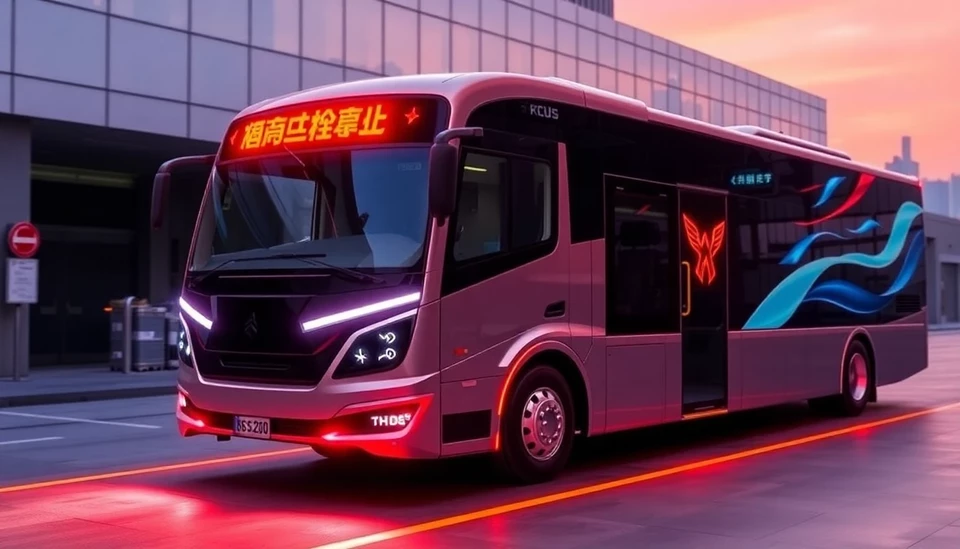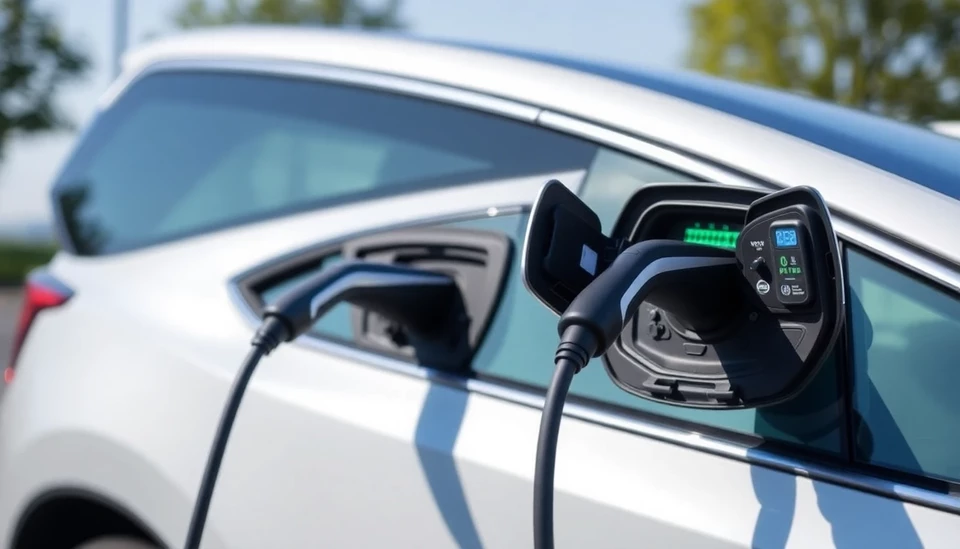
Federal Government to Disable Electric Vehicle Chargers at Federal Buildings
In a surprising move, the U.S. government has announced plans to disable all electric vehicle (EV) chargers located at federal buildings across the country. This directive, which has drawn criticism from environmental advocates and the growing EV community, is set to take effect imminently as federal officials reassess the infrastructure supporting electric vehicles in light of changing energy policies.
Continue reading
China's Surge in Electric Truck and Bus Demand: A Game Changer for the Industry
The electric vehicle (EV) landscape in China is undergoing a profound transformation, particularly in the realms of electric trucks and buses. Industry analysts have highlighted an unprecedented boom in demand driven by government policies, technological advancements, and a growing commitment to sustainability. This shift is not merely a trend; it represents a long-term change that could redefine the transportation sector in China and beyond.
Continue reading
Electric Vehicle Chargers See Major Price Drop: What This Means for Consumers
The landscape of electric vehicle (EV) charging is undergoing a seismic shift as the cost of chargers experiences a significant decrease, marking a pivotal moment for the burgeoning EV market. Recent reports indicate that various factors have converged to reduce prices dramatically, making charging infrastructure more accessible for consumers and businesses alike.
Continue reading
Norway's Electric Vehicle Market: A Glimpse into the Future of Sustainable Transport
As countries around the globe tackle climate change, Norway has emerged as a pioneering example in the transition to electric vehicles (EVs). The Scandinavian nation is redefining the future of transport as it embraces electric mobility with a fervor that has made it a global benchmark for EV adoption. Recent reports detail not only the impressive statistics behind Norway's EV market but also the lessons it could offer to other nations looking to shift their reliance on fossil fuels.
Continue reading
Uber Faces Challenges in Achieving Climate Goals While Seeking External Assistance
Uber Technologies Inc. is at a pivotal point as it attempts to meet its ambitious climate goals by 2030. The ride-hailing giant has committed to becoming a fully electric vehicle (EV) fleet in several markets and promises to significantly reduce its carbon footprint. However, to fulfill these objectives, the company acknowledges that it requires assistance from external sources, as it grapples with the complexities of scaling up electric vehicle adoption.
Continue reading